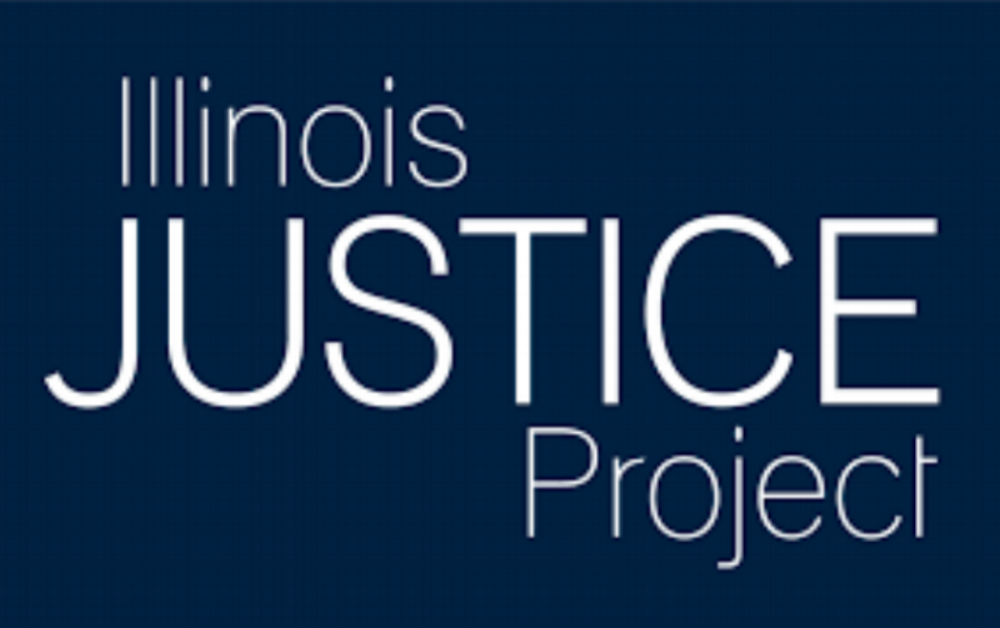I. The Role of the Attorney General in Criminal Justice Reform
Illinois residents, policy makers and advocates from all parts of the state and across the political spectrum have united to understand how to improve the criminal justice system. The current efforts are based on the well-defined proposition that an effective criminal justice system provides both fairness and safety for all people of the state, despite their color, creed, geographic location or economic standing.
The Office of the Illinois Attorney General is responsible for law enforcement and the equal protection of law for all citizens. What role will your administration play in the criminal justice reform movement?
How would your approach be different from the current administration when it comes to justice reform and/or how would it be similar? Please identify a particular policy or position that would be a focus of your criminal justice reform work as Attorney General.
Kwame Raoul
Because of my professional experience as both a prosecutor and a criminal defense attorney, along with my concern for low-income communities and communities of color throughout the state ravaged by violent crime and mass incarceration, I made criminal justice reform a touchstone of my legislative career. Bills I have sponsored have addressed exoneration, expungement and sealing, moving juveniles out of adult prisons, alternatives to incarceration for non-violent and first-time offenders, sentencing reform, the abolition of the death penalty, prison conditions and employment opportunities for those with criminal records. I served on the Sentencing Policy Advisory Council and the Commission on Criminal Justice and Sentencing Reform. Over the years, I have built valuable relationships with public officials and organizations working on criminal justice reform, and I have persuaded many of my colleagues in the General Assembly to join the effort to reduce the prison population and the recidivism rate in Illinois. I can use these relationships as Attorney General to work effectively with the General Assembly on further progress toward common-sense criminal justice reform initiatives that make our communities safer and more prosperous.
I would more aggressively exercise the office’s bully pulpit to work for criminal justice reform, expanding on my and my colleagues’ legislative accomplishments. Being able to leverage the relationships I have made both with Illinois lawmakers and advocates and with public officials and others who are working on these issues nationwide will give me a head start on this critical area of focus for me. I will prioritize a holistic approach, as I have done in the General Assembly, measuring success not just in terms of numbers of inmates in the correctional system, but in terms of recidivism rates and the impact on communities, particularly under-resourced, under-invested-in communities of color hit hard by both crime and high rates of incarceration. In particular, my work will emphasize continued development of Illinois’ alternatives to incarceration, as well as enforcing the law on sealing and expungement of records (especially for juvenile ex-offenders and arrestees) and implementing risk-based assessment tools to aid in matching people involved in the criminal justice system with the programs and services that will best help them reintegrate.
Closely linked to criminal justice reform – the other side of the same coin – are two other priority initiatives of mine: improving the office’s distribution of crime victims’ assistance resources by prioritizing the most victimized communities. I have already passed a law to start a pilot trauma center program for those victimized by and exposed to violent crime. Evidence tells us that untreated trauma feeds the cycle of violent crime when violence becomes normalized in a community and victims are disproportionately likely to become the next perpetrators.
Erika Harold
I will prioritize criminal justice reform as Attorney General because Illinois needs a system that reduces recidivism rates, thereby keeping communities safer; promotes human dignity; and makes better use of government resources, which currently are being squandered on a broken system and failed policies. For the past eleven years, I have served on the board of directors of Prison Fellowship, the nation’s largest outreach to inmates and their families. In that capacity, I have done prison ministry, advocated for bipartisan criminal justice reform measures, raised awareness of the unique challenges facing children of incarcerated parents, and made visits to prisons throughout the country to help assess vocational and educational programming opportunities for inmates. Prison Fellowship recently has launched an innovative Warden’s Exchange program, instituted national Second Chance Month to highlight the need for restorative opportunities for those with a criminal record, and launched reentry initiatives throughout the country. Accordingly, as Attorney General I will promote a more restorative approach to Illinois’ criminal justice system in order to help provide non-violent offenders with more diversion-based alternatives to incarceration, opportunities for rehabilitation, and the tools necessary to rebuild their lives following their release from prison.
As Attorney General, I would be a more vigorous and visible advocate of justice reform, promoting the expansion of problem-solving courts (including drug courts and mental health courts), the streamlining and enhancement of reentry services, and greater access to expungement services.


